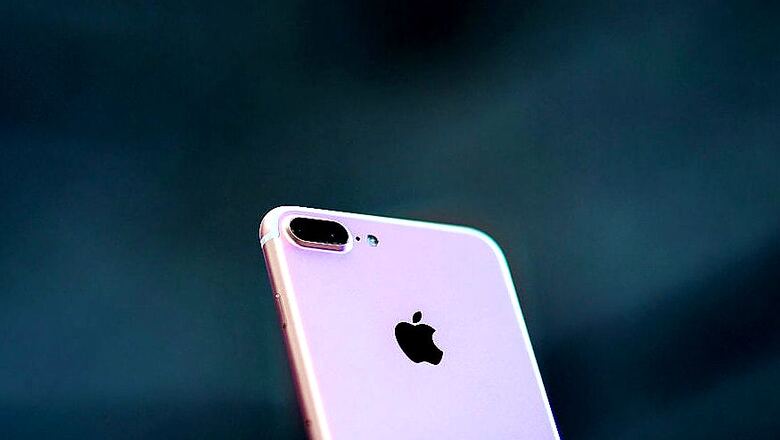
views
Treating photodetectors -- used in systems and devices from smartphones to space stations -- with ultraviolet light can improve the efficiency of cameras, researchers say.
Together with colleagues from China and Saudi Arabia, scientists from Moscow Institute of Physics and Technology (MIPT) said that treating an ordinary low band-width photodetector with UV light can turn it into a high-bandwidth device.
"It's hard to find the right materials because the substances that permit ultraviolet light tend to be nontransparent to infrared radiation and vice versa. We found a way to 'broaden' the spectral response of photodetectors," noted Vadim Agafonov, head of the Molecular Electronics Center at MIPT and a co-author of the paper.
The researchers conducted an experiment whereby a polymer-based photodetector incorporating zinc oxide (ZnO) nanoparticles was exposed to UV light for 30 seconds.
As a result, they achieved a high-performance photodetector with a much broader spectral response and a maximum external quantum efficiency (EQE) of 140,000 per cent, as compared to the 30 per cent measured before UV treatment.
"You can thus convert a polymer-based photodetector into a highly sensitive broadband device. The process itself is quick, cheap and efficient, which is important for practical applications," added Agafonov.
According to the paper, published in the journal Advanced Functional Materials, it is sufficient to treat a photodetector with UV light once during its manufacturing in order to achieve the broad spectral response.




















Comments
0 comment